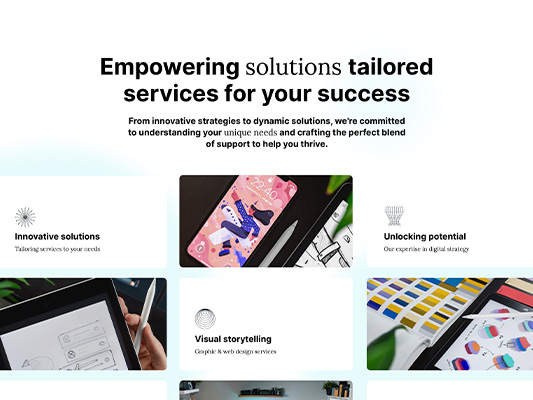In today’s rapidly evolving digital landscape, possessing a foundational understanding of digital skills has become essential for personal and professional development. Youth who acquire these skills not only position themselves for better career prospects but also empower themselves to navigate an increasingly technology-driven world. Here are five digital skills every young person should master:
1. Digital Literacy and Information Management
Digital literacy goes beyond basic computer use; it encompasses understanding how to find, evaluate, and manage information online. This skill includes knowing how to identify credible sources, recognize misinformation, and securely handle data. Digital literacy fosters critical thinking and helps youth responsibly consume and share content in an age where data is as influential as currency. Mastery in information management also aids in organizing digital documents, managing cloud storage solutions, and keeping track of essential files.
Key Tools: Google Scholar, Evernote, OneDrive, Mendeley.
2. Cybersecurity Awareness
As cyber threats become more complex, cybersecurity awareness is essential. Knowing how to protect personal data, recognize phishing attempts, and understand privacy settings on various platforms shields youth from potential digital risks. Cybersecurity awareness is particularly important as many youth are constantly connected online and may inadvertently expose themselves to threats. Basic knowledge of password management, multi-factor authentication, and secure browsing habits can provide strong protection.
Key Tools: LastPass, Duo Security, Bitdefender, Cybersecurity courses on platforms like Coursera and Udacity.
3. Digital Communication and Collaboration
Digital communication skills include navigating emails, using video conferencing tools effectively, and leveraging collaborative platforms. Mastery of digital communication is key in today’s remote work environments, where virtual teamwork is common. Understanding how to use online platforms for effective communication and collaboration, such as Google Workspace, Slack, and Zoom, can make a significant difference in productivity and interpersonal relations.
Key Tools: Google Workspace, Microsoft Teams, Slack, Zoom.
4. Data Analytics and Interpretation
Data is a critical asset in almost every field. Understanding the basics of data analytics—collecting, processing, analyzing, and interpreting data—can provide a competitive edge. Even a basic understanding of tools like Microsoft Excel, Google Analytics, or more advanced platforms such as Tableau can open up new opportunities. Knowing how to interpret data allows youth to make informed decisions, track progress, and understand trends in any field of interest.
Key Tools: Microsoft Excel, Google Analytics, Tableau, Power BI.
5. Basic Coding and Development
Coding is no longer exclusive to computer science professionals; it is now a valuable skill across industries. Learning to code promotes logical thinking and problem-solving skills, making it useful even outside technology careers. Basic coding knowledge can be applied to website development, automation of tasks, and app development. Familiarity with coding languages like HTML, CSS, and Python is a good starting point, as they form the foundation of many digital platforms and services.
Key Tools: Scratch (for beginners), Codeacademy, Khan Academy, GitHub.
Conclusion
Mastering these five digital skills empowers youth to navigate the digital landscape confidently and responsibly. By developing digital literacy, cybersecurity awareness, communication and collaboration abilities, data interpretation, and coding skills, young individuals can thrive in their careers and adapt to a tech-driven world. Investing time and effort into these areas not only builds resilience but also opens doors to new opportunities in the digital economy.


Empowering youth to acquire digital skills is crucial in today’s rapidly advancing world, where technology drives nearly every sector of the economy. Digital proficiency enables young people to access vast information, pursue innovative careers, and compete in a globalized job market, opening doors to remote work and entrepreneurial ventures. Additionally, digital skills foster creativity, critical thinking, and problem-solving abilities, which are essential for thriving in modern, tech-driven environments. As youth develop expertise in areas like coding, data analysis, and digital marketing, they not only enhance their employability but also contribute to the digital transformation of their communities. Ultimately, a digitally skilled youth population is better equipped to address pressing social challenges, drive economic growth, and lead their communities toward a sustainable and inclusive digital future.